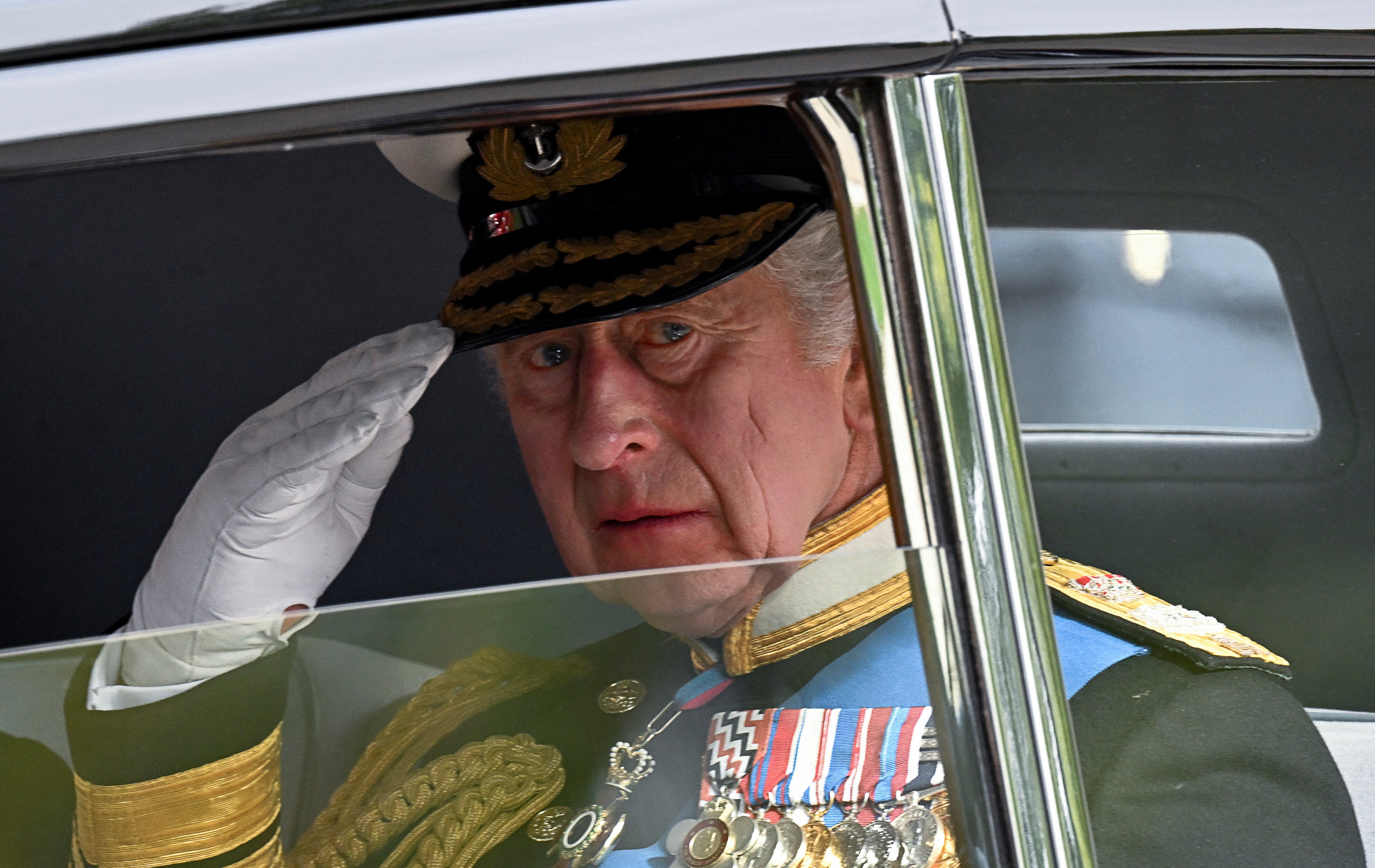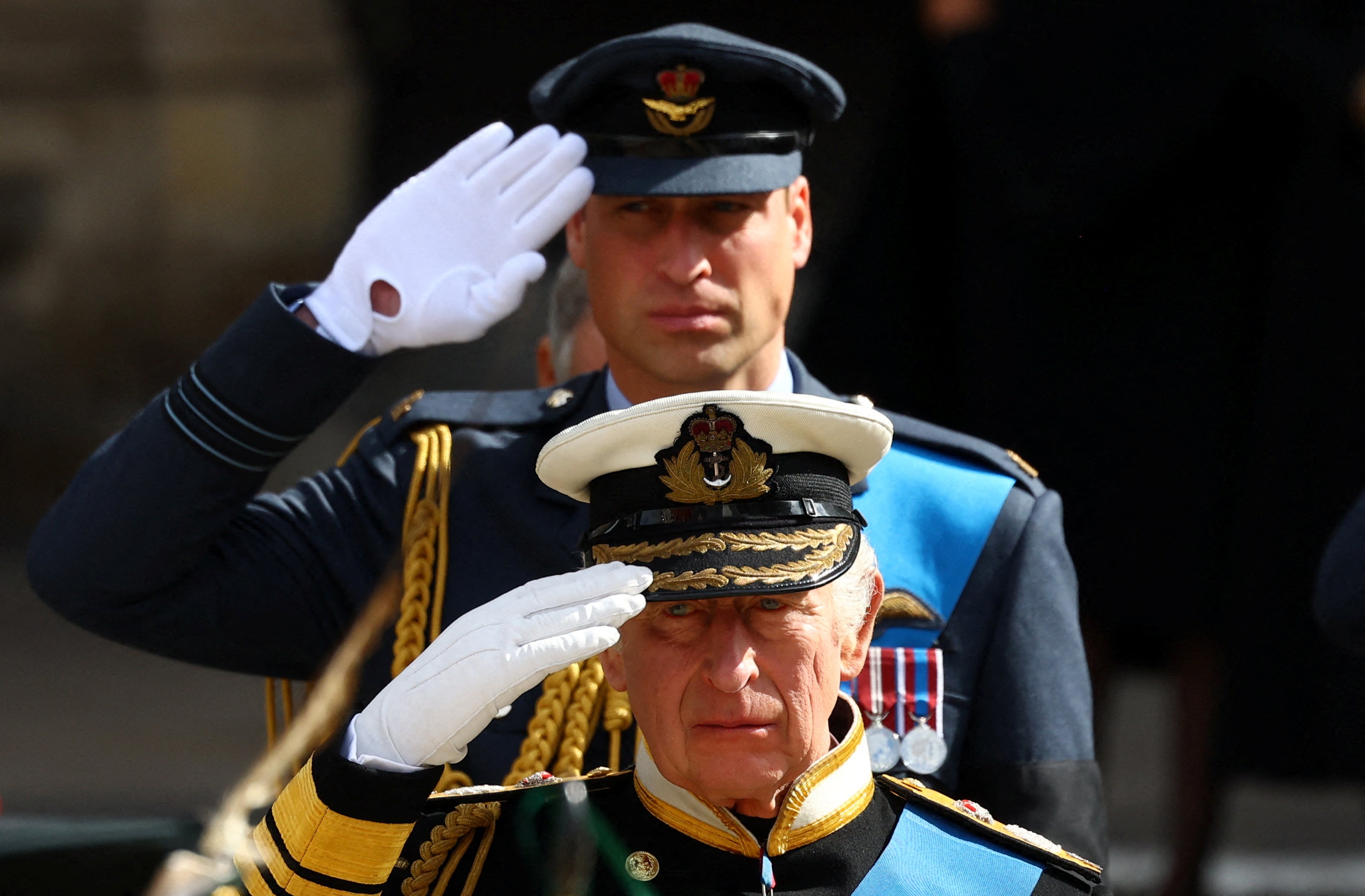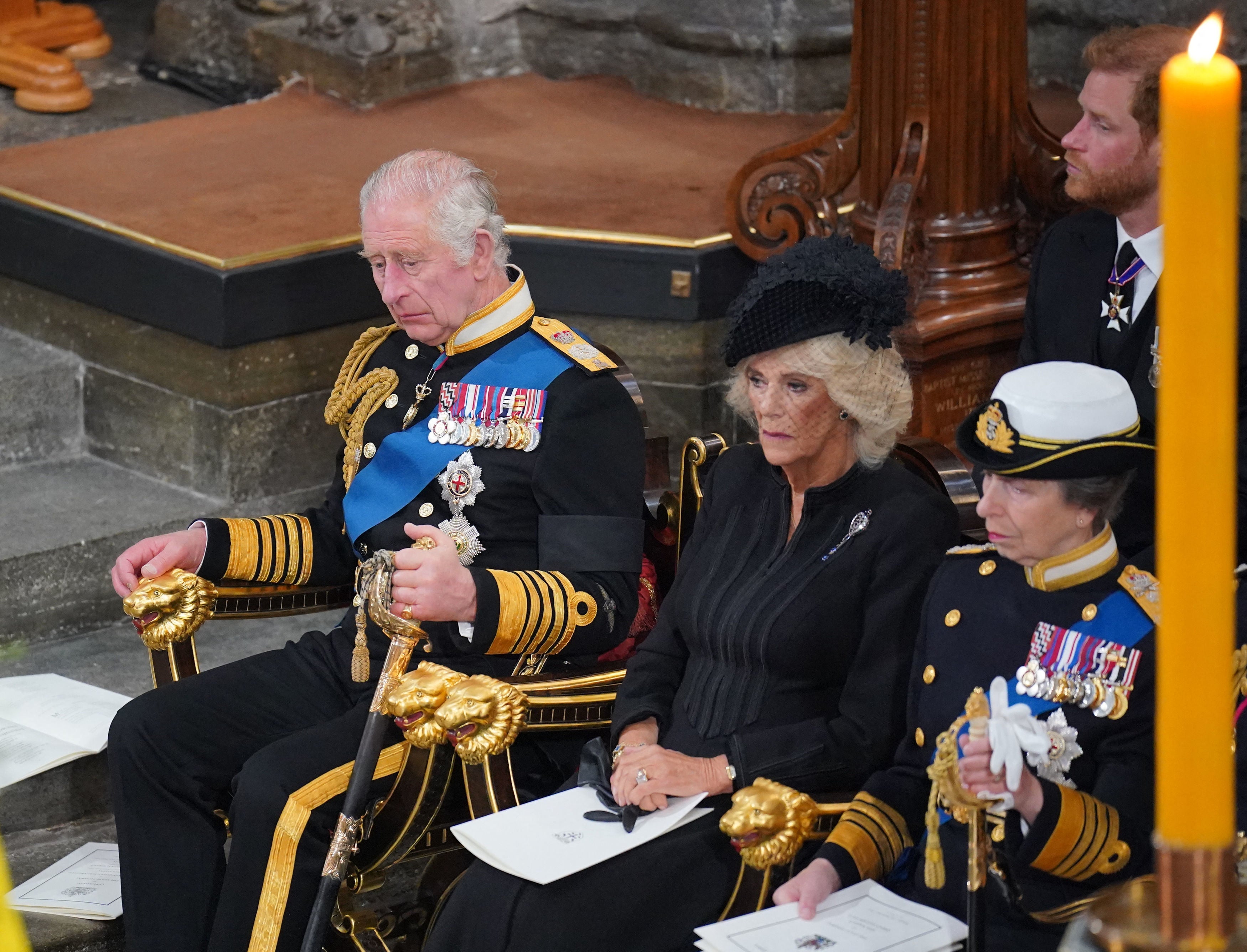King Charles has urgent work on his hands to reshape our monarchy for the coming decades
Unlike in 1952, national cohesion will be a challenge for the new monarch, says Anthony Seldon


The 11 days since the Queen’s death have changed everything. Before it, the monarchy appeared to be on the slide. Scandals, squabbles and vanity parades played their part. Public support for the institution had fallen from 75 per cent to 62 per cent over the previous 10 years, according to YouGov. Among the young, barely a third supported it.
Public mourning and the ceremonies attached to it, which we saw so stunningly performed at Westminster Abbey and St George’s, Windsor, can distort rational thought. After a month or two, normality may reassert itself, and the downward trend in support might continue with King Charles III on the throne.
I doubt it, though, especially if the head of state and the head of government – the King and Liz Truss respectively – forge a relationship that could be the making of both of them, and secure a new 21st-century contract between crown and nation.
It is an uncomfortable truth for republicans that, while democracy is under threat globally, not least in the United States at the hands of Donald Trump and his acolytes, the presence of a monarchy has provided both stability and underpinning for democracy in Britain, as it has in some other European countries.
Replacing a hereditary head of state with one who is elected, and partisan, can unsettle national cohesion and political stability. Republicans should be careful what they wish for.
Charles has urgent work on his hands as he resculpts the monarchy for the next few decades. It will need to change under his reign as radically as it did under that of his mother, Elizabeth II. Getting the barnacles off the boat must happen quickly.
Barnacle 1: the monarchy must be slimmed down, and it must be seen to be proportionate. A delicate balance is needed: if it is cut back too deeply, not least with royal premises being required in Scotland, Wales and Northern Ireland, the essential work and traditions of the monarchy could be lost.

Barnacle 2: the new King must be immediately and emphatically clear with his family what behaviour is acceptable and what is not. The late Queen was the perfect exemplar of the servant-leader – as King Charles, with Camilla by his side, will be. Edward VII as Prince of Wales, the deplorable Edward VIII, and the lost soul Princess Margaret remind us how badly members of the royal family can go wrong when entitlement seeps into their bones.
Prince Andrew was not set clear enough guidelines – or if he was, he ignored them. King Charles must be frank with him, as he must with Prince Harry and Meghan, who teeter on the brink. Hard though it will be for King Charles as Harry’s father, the Sussexes must keep their distance until they learn that the monarchy will only survive if the royals display humility, service and discretion. Back in the boat, they could do immeasurable good in Britain and the rest of the world, utterly eclipsing anything they might achieve on the outside.
Barnacle 3: ditch the political and the partisan. Since he became King, Charles’s actions have given every indication that he realises he must be above party politics. There will be moments, when he is tired or off guard, when a mumbled half sentence or action could reverberate around the nation and the world, undermining all his good work and intentions. The Queen was unattackable. Critics will be circling King Charles, waiting to pounce.
Removing the barnacles might float the boat, but it won’t propel it forward through the troubled waters ahead. It needs to be far more than what historian Frank Prochaska described as the “welfare monarchy” – an institution that travels the country and the Commonwealth, supporting good causes and affirming worthy deeds. This is necessary, but not sufficient, for the monarchy under King Charles to thrive.
The King needs to build a new model of a “custodian monarchy”. The Queen had 15 prime ministers: who knows how many King Charles will have?
The job of the prime minister – like the chief executive of a company, the vice-chancellor of a university, or a school headteacher – is to achieve his or her personal objectives, which may differ from the long-term interests of the institution (and often do).
The board, above all in the person of the chair, represents the long-term continuity and flourishing of the organisation. The chair upholds its history, fabric and traditions, caring for its interests long into the future – a timeframe far beyond the next general election, which is always only as far as any prime minister can see into the future. The monarch is more than commander-in-chief in name: no soldier dies with the name of the prime minister on their lips.

Truss will bring her own perspective to meetings with the new King. She is deeply concerned about the cost of living, fuel prices, the state of the economy, and the NHS. Sovereignty rightly lies with our politicians, specifically the “king” in parliament. No prime minister is directly chosen, and, as we saw with Truss – elected this month by a minority of the party members eligible to vote for her – nor are they always the favourite of Conservative MPs. She clearly has the legitimacy to take critical decisions, but the short-term and partisan interest will always loom large in her mind.
The flip side of the hereditary monarch is precisely that it does not have to seek short-term popularity. Fortunately for the country, King Charles has form in matters far beyond the immediate electoral cycle: the state of the physical and built environment; the flourishing of local communities; arts and crafts; the vitality of our cultural institutions; mental health; the centrality of Christianity and respect for all faiths; and the holistic education of every child beyond the exam and test results beloved by governments.
When the Queen ascended the throne in 1952, the BBC was the only broadcaster, and the continuity of the United Kingdom was not in question. Now, national cohesion is challenged by a multiplicity of broadcast outlets, many offering partisan viewpoints, and the future of Scotland and Northern Ireland within the United Kingdom are very much in contention.
A flourishing partnership between Truss and King Charles would set the tone for the future relationship between prime minister and monarch, and would drive change for as long as the new King may reign.
Sir Anthony Seldon is a former headteacher and university vice-chancellor, a historian, writer and commentator. He co-founded the Institute for Contemporary British History and Action for Happiness






Join our commenting forum
Join thought-provoking conversations, follow other Independent readers and see their replies
Comments